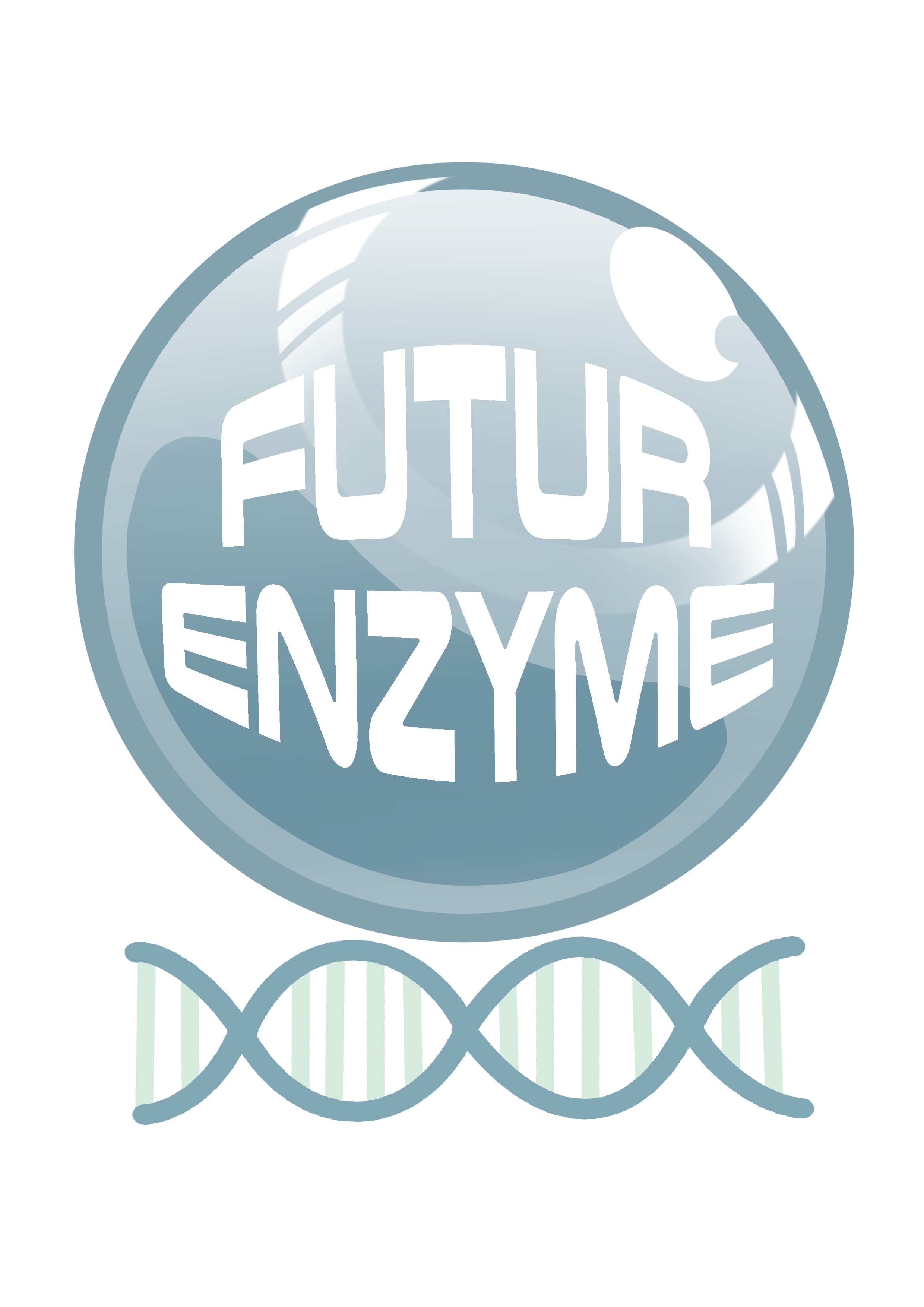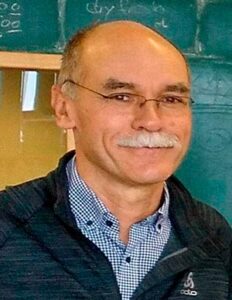Universität Hamburg is the largest institution for research and education in northern Germany. As one of the country’s largest universities, it offers a diverse range of degree programs and excellent research opportunities. The University boasts numerous interdisciplinary research in a broad range of fields and an extensive partner network of leading regional, national, and international higher education and research institutions. Universität Hamburg is committed to sustainability. As part of the Excellence Strategy of the Federal and State Governments, Universität Hamburg has been granted clusters of excellence for 4 core research areas.
The Microbiology and Biotechnology is located in the Faculty of Mathematic, Information and Natural Sciences (MIN) and part of the Biology section. The microbiology team has been involved in numerous projects linked to metagenome mining, biofilm research and other applied and fundamental topics.
WP1: Representing the project management and coordination activities.
WP2: Implementing machine learning platform to screen enzymes demanded by manufacturers.
WP3: Implementing activity-based platforms to screen enzymes demanded by manufacturers.
WP4: Implementing systems for producing and characterising enzymes and finding best ones.
WP5: Improving the performance of the best enzymes through novel engineering techniques.
WP8: Focusing on dissemination, exploitation and communication.
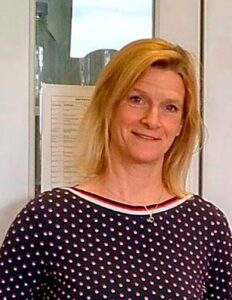
Dr. Christel Vollstedt
has a degree in biology and a PhD in microbiology. During her PhD research and her postdoctoral period she worked on functional metagenomics to identify enzymes of biotechnological interest, like e.g. PET degrading enzymes. Further main topics of her current projects are bacterial cell-cell communication and the analysis of bacterial biofilms.
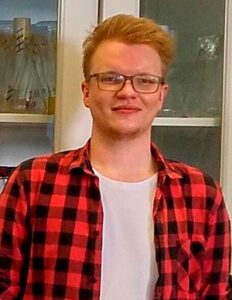
Robert Dierkes
has a Bachelor‘s degree in Bioengineering and a Master’s degree in Pharmaceutical Biotechnology. During his master thesis at the department of Microbiology and Biotechnology at the University of Hamburg he worked on genetic engineering and screening of Glycosyltransferases for improved whole-cell biocatalysis of polyphenols. In his subsequent time at the department, and currently as a PhD candidate, he is working on the discovery of novel PET degrading enzymes by using established chromatographic methods as well as the development of new approaches for the detection of polymer degradation.
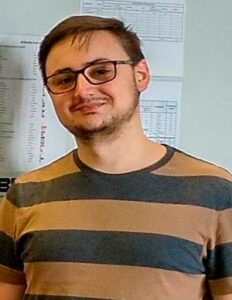
Dr. Pablo Pérez-García
has a B.Sc. degree in Biotechnology and a M.Sc. in Molecular Biology and Biotechnology. During his PhD works, founded by Horizon2020 (INMARE), he delved into enzyme promiscuity and protein evolution within the metallo-β-lactamase and α/β-hydrolase families. He is highly interested in evolution and has experience in protein biochemistry and bioinformatics. For the last year he has been working on enzymatic plastic degradation.
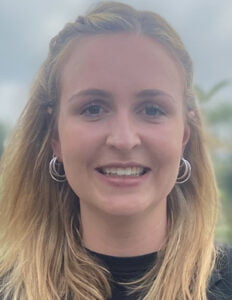
Lena PreuB
has a Bachelor‘s degree in Biology and a Master’s degree in molecular biology and biotechnology. She worked on her master thesis at the department of Microbiology and Biotechnology at the University of Hamburg evaluating the metagenomic and metatranscriptomic data of microalgae bacteria community Scenedesmus communis for the identification and amplification of new potential antimicrobial and antibiofilm enzymes. In her PhD she is focusing on the discovery of novel enzymes with biotechnological interest.
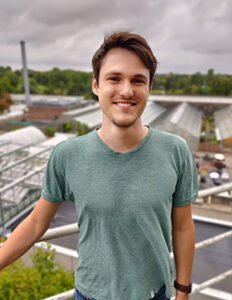
Marno Gurschke
has a B.Sc. in Biology and an M.Sc. in Molecular Life Sciences. He gained knowledge of the establishment of different knockout mutagenesis methods for bacteria, such as Enterococcus faecalis or Dyadobacter, and focused on a deeper understanding of microalgae-bacteria interaction pathways during his master thesis, which he has completed in Microbiology and Biotechnology at the University of Hamburg. As part of his PhD, he is involved in sequence-based screening of novel enzymes such as esterases, lactonases or lipases, as well as in classical and semi-rational enzyme engineering and multiple expression and characterisation technologies.
